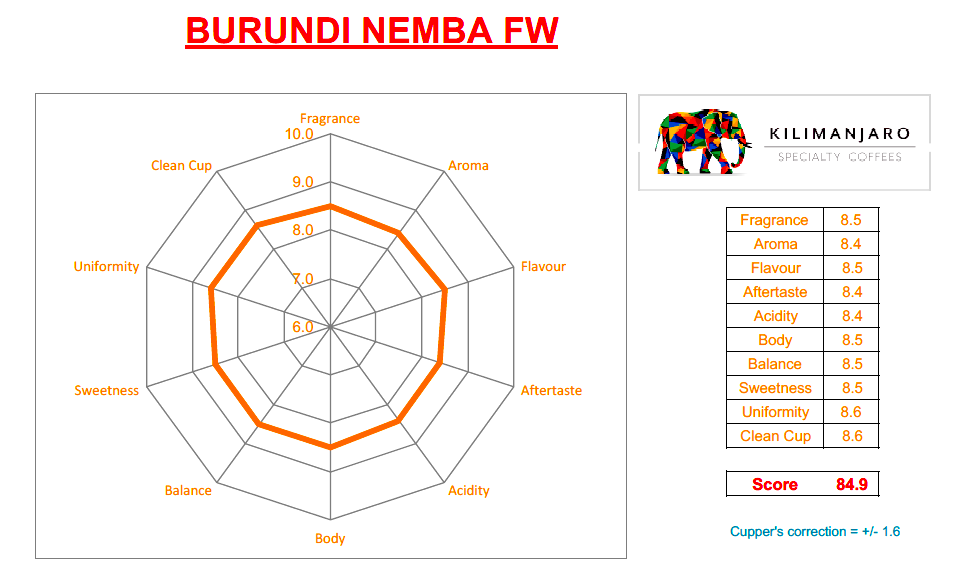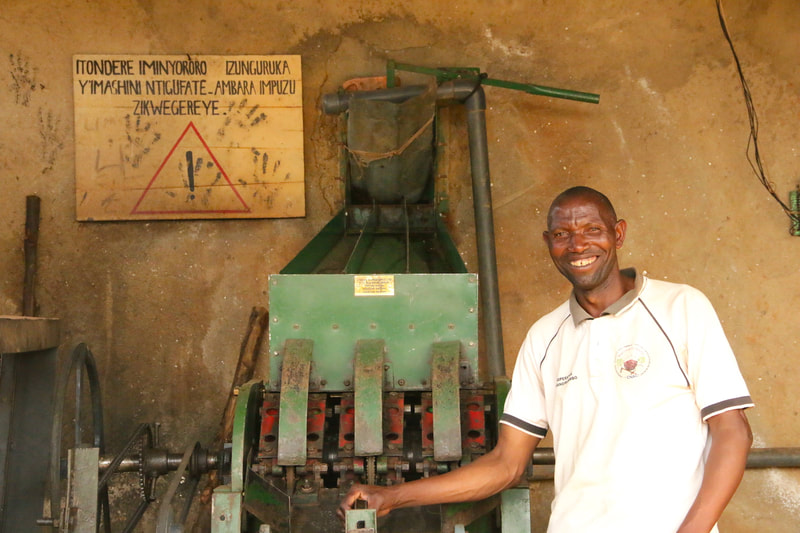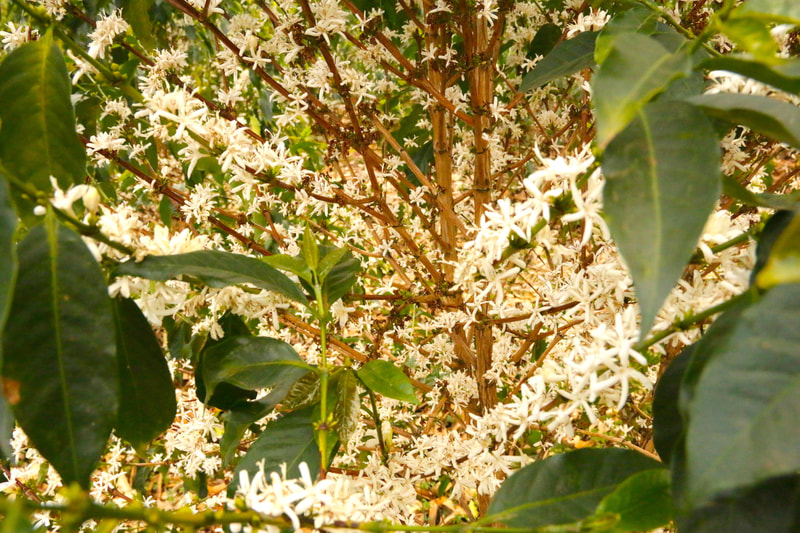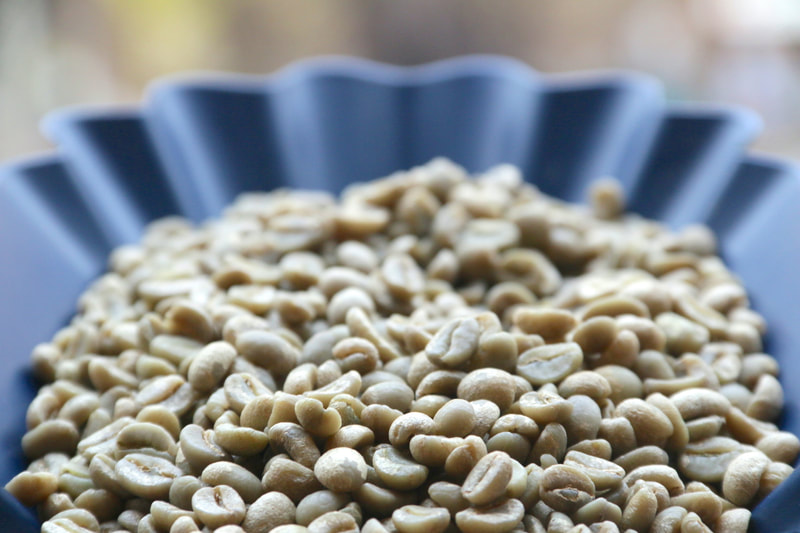BURUNDI NEMBA FW
General Information
|
Origin: Burundi
Region: Kayanza Commune: Kayanza Washing Station: Nemba Cultivars: 100% Red Bourbon Altitude: 1818 masl Process: Fully washed with double fermentation and sundried on African beds Harvest: April - June 2019 Grade: FW15+ Warehouse: Barcelona, Budapest & Santiago Packaging: 60 Kg w/ GrainPro Score: 85 Notes: Cacao, cinnamon, black tea, silky Ikawa profile: http://bit.ly/37086jl Preparation: Espresso and milk based drinks |
|
BURUNDI COFFEE FARMERS SALARY
nemba cws LOCATION
|
WHERE WE ARE
Barcelona, Spain Santiago, Chile Budapest, Hungary |





